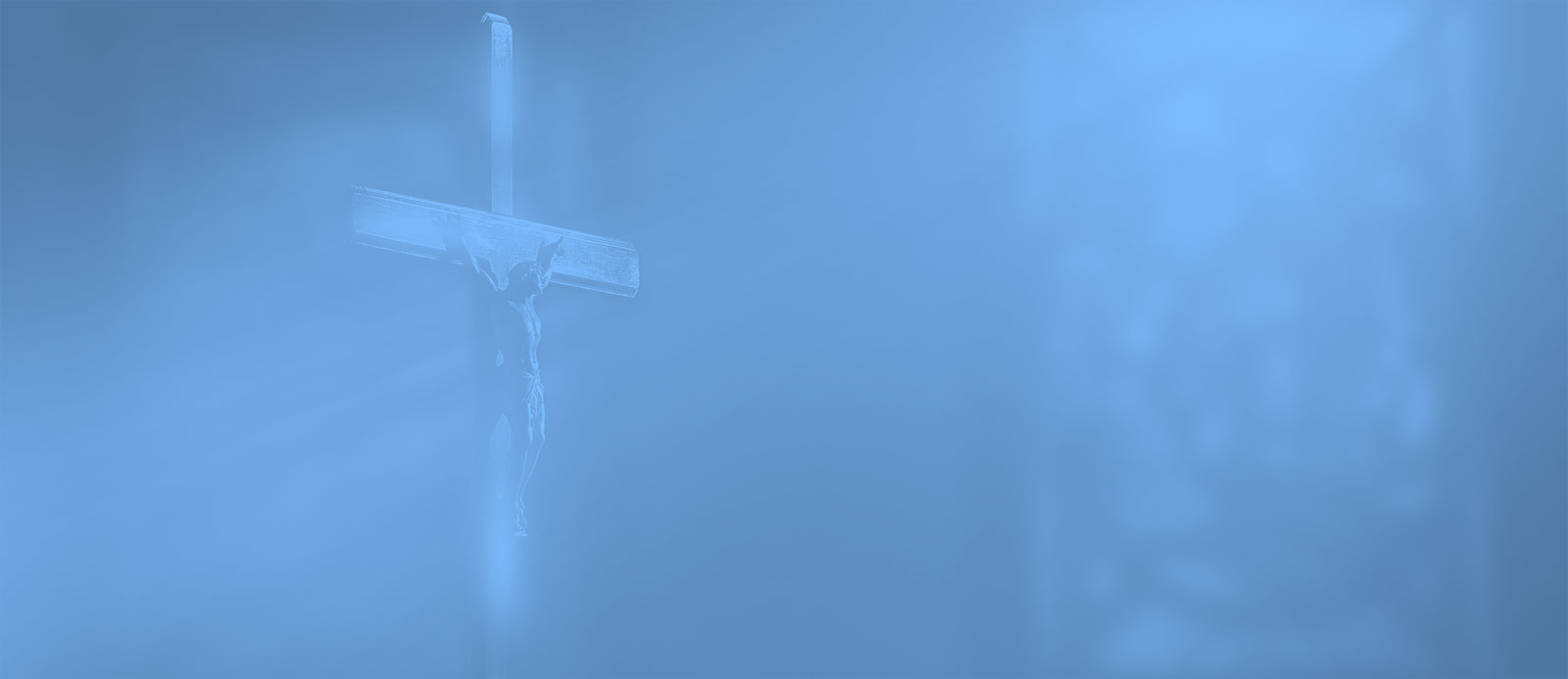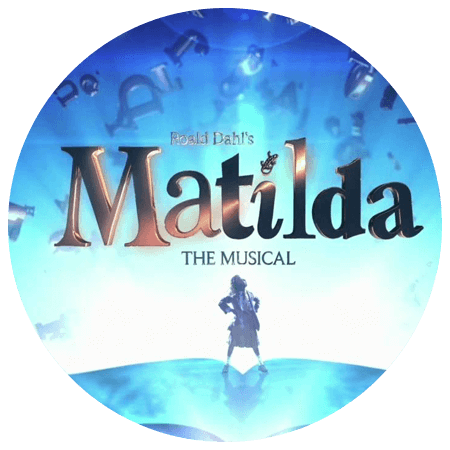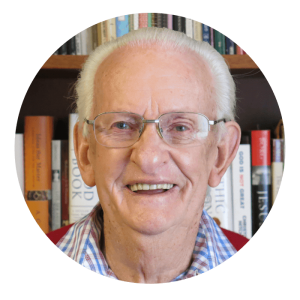The Lighting of the Candle
Jesus of Nazareth, the light of the world.
Call to Worship
In this is the crisis we face today: light has come into the world and the world prefers darkness to the light and stumbles along in the dark as if it were blind.
Our service today is about that blindness being cured, so that we, and the world, may see more clearly the light of life, and walk strongly in that light.
And so we sing our opening hymn of praise
Hymn: (Maryton)
Ground of our being, near and far
Your glory flames from sun and star,
Centre and soul of every sphere
Yet to each loving heart how near.
Sun of our life, your quickening ray
Sheds on our path the glow of day,
Star of our hope, your softened light
Lights up the darkness of the night.
Grant us your truth and set us free
With flaming hearts that burn for thee,
Till all the world your glory name
And we do strongly live the same.



